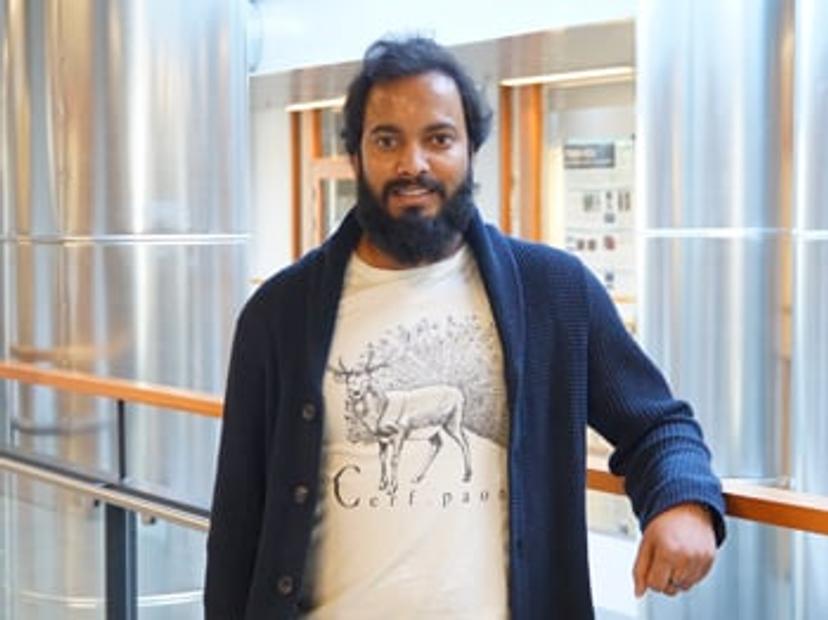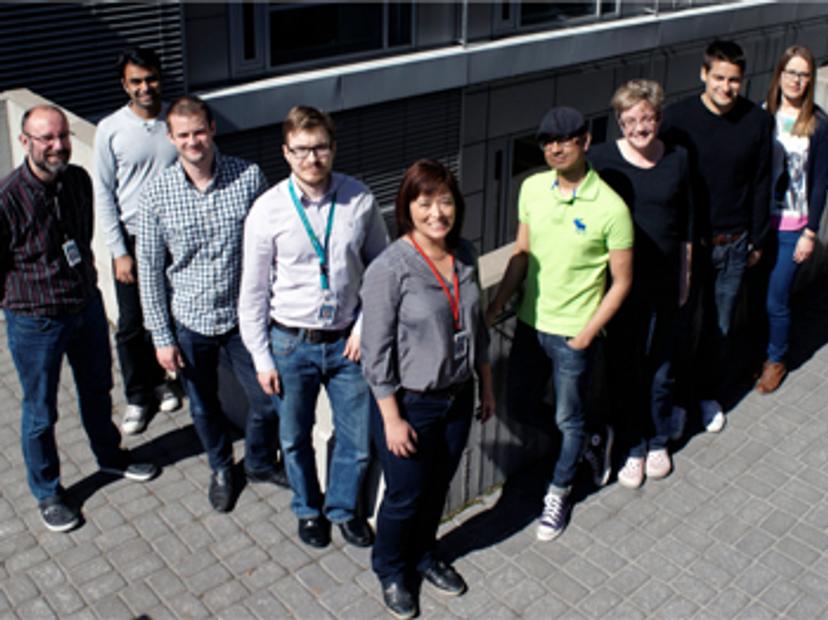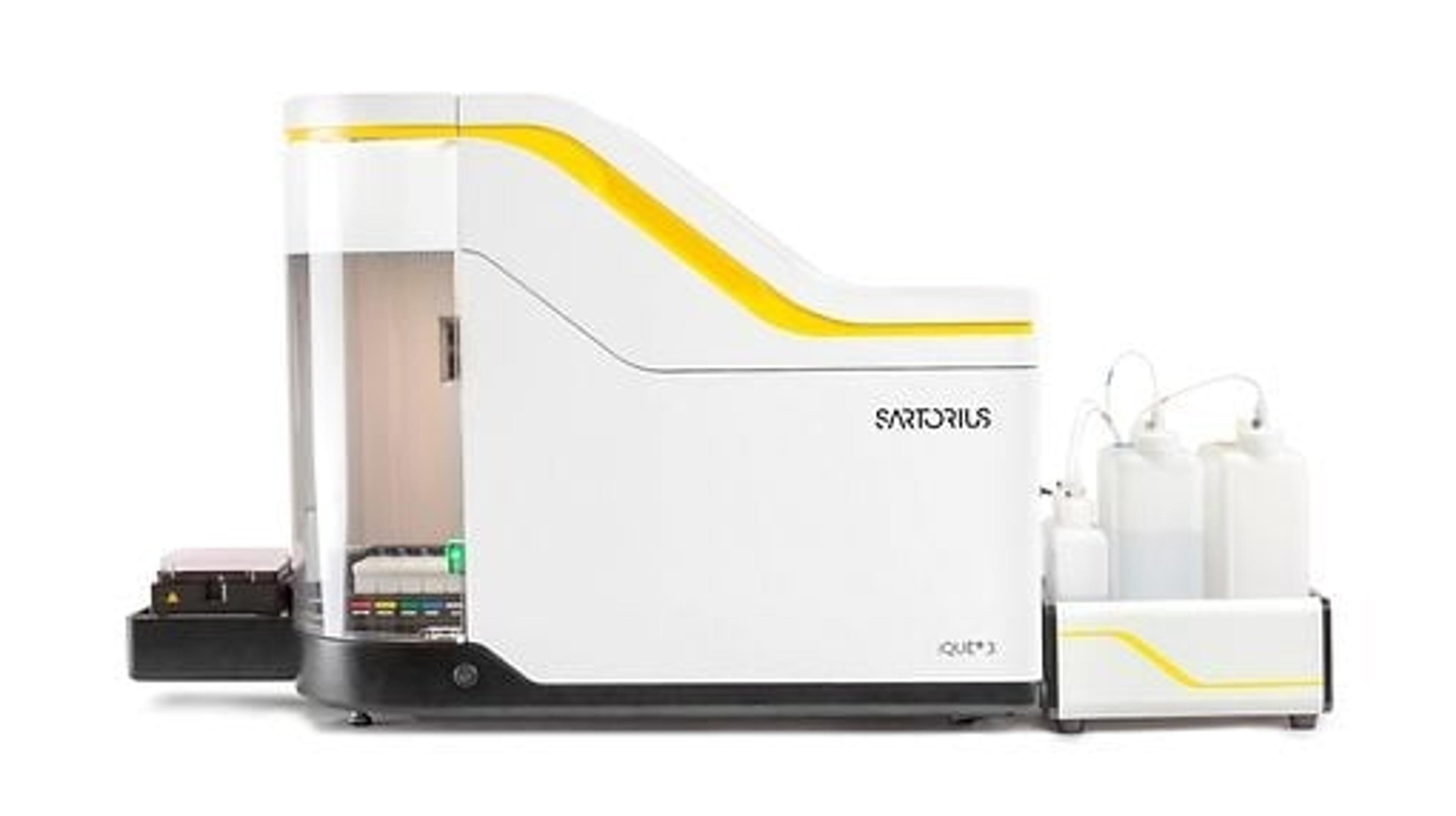The quest for precision medicine: Decoding cancer pathogenesis and overcoming drug resistance
Dr. Komal Kumar Javarappa shares insights from the multidisciplinary forefront of immuno-oncology, where translational biologists race against time to optimize new cancer therapies
8 Jan 2021

Blood cancers such as multiple myeloma and acute myeloid leukemia (AML) are relatively rare but often result in worse prognoses compared to many other cancer types. In the past few decades, our understanding has vastly improved and extensive research has increased the five-year survival rates by 35 to 50% for some of these diseases. Progress of this sort is made possible by a staunch collaboration amongst clinicians, cancer researchers, and translational biologists.
Cancer patients are often treated with a combination of surgery, chemotherapy, and radiation, which may not be effective for all cases. Therefore, an area of focus for many cancer researchers is the development of more targeted, personalized therapies, involving the discovery of novel biomarkers and identification of patient subgroups that are likely to respond positively to such targets. Scientists are also helping doctors to determine which drugs are likely to cause side effects and advise on potential preventive measures.
As a specialist in immune signature and biomarker discovery, Dr. Komal Kumar Javarappa works on preclinical drug development projects, investigating novel and established compounds to help understand cancer pathways, and overcoming drug resistance. “Our work captures different aspects of cancer studies. We apply a system-wide approach to analyze and characterize cancers at a cellular level,” says Javarappa, a postdoctoral researcher in the group of Research Director Caroline Heckman at the Institute for Molecular Medicine Finland and the University of Helsinki. The team uses a wide range of methods including genomics, transcriptomics, flow proteomics, functional ex vivo sensitivity tests, as well as clinical data to get insights into disease pathogenesis and drug resistance mechanisms in hematological malignancies.
Optimizing cancer therapy
Elaborating on a project focused on counteracting off-target effects of chemotherapy, Dr. Javarappa explains that chemotherapy used in cancer treatment often causes a range of life-threatening side effects. These are caused by a massive depletion of rare bone marrow progenitor cells. One common condition that this depletion results in is thrombocytopenia - an abnormally low level of platelets. As megakaryocytes are precursors of platelets, protecting megakaryocytes from toxic drugs could be a potential way to pre-empt thrombocytopenia. “By strengthening our understanding of signaling networks in tumor cells versus healthy cells, we can design drugs to minimize these adverse effects. In our lab, we apply a phosphoflow technique to dissect intercellular signaling networks to elucidate the underlying disease biology and resistance mechanisms,” adds Dr. Javarappa.
Another area of focus for the team is solving drug resistance in AML. AML patients suffer from a high rate of relapse, drug resistance, and treatment-related side effects. A major contributor to this drug resistance is believed to be the myeloid cell leukemia-1 (MCL-1) gene, a critical cell survival factor for cancer involved in regulating cell death pathways. This also makes MCL-1 a prime treatment target. “We screen hundreds of AML patient samples with multiple drugs that inhibit MCL-1 in a dose-dependent manner. By monitoring how these drugs kill individual cancer cell types in patients we hope to identify a potential drug that can effectively target these drug-resistant cancer cells,” says Dr. Javarappa.
Impact of high-throughput technology

A core instrument that Dr. Javarappa relies on in both these projects is the iQue® 3 advanced high-throughput flow cytometer. The iQue® 3’s versatility means it can be used to analyze samples through different cancer stages, be it for monitoring chemotherapy effects on megakaryocyte health or for immuno-phenotyping to study cell-type-specific inhibitor responses. “We typically use the iQue® 3 for the evaluation of drug responses, especially if we want to focus on specific populations,” Dr. Javarappa shares. “To monitor the off-target effects of chemotherapy, we leverage its multiplex assay capabilities to monitor the dose-response effects of multiple drugs on megakaryocytes and to study the signaling networks in cancer versus healthy cells. We rely on its speed to analyze the effect of drugs on various cell types such as lymphocytes, monocytes, granulocytes, or their precursors.”
A key reason for choosing iQue® 3 for his research, Dr. Javarappa notes, was that it gives him the flexibility of using both 96- and 384-well plates to miniaturize the assay and conserve patient samples, but also maximize the amount of data that can be obtained from the samples. “Traditional methods such as colony-forming assays or western blots are time-consuming and labor-intensive. They also use up a lot of cells. However, patient samples are very precious, which often limits the number of cells at our disposal. The iQue® 3 has the ability to analyze a wide range of sample sizes from just 25,000 cells. We are able to evaluate several potential drugs within a short time span, despite limited samples. Without the iQue® 3, this would be not possible,” he asserts.
A future worth fighting for
The ultimate aim of projects that Dr. Javarappa works on is to discover a novel way to treat patients while helping them achieve a quick and complete remission. However, as mutations causing these cancers tend to be very diverse, diseases such as multiple myeloma and leukemia remain hard to treat. “We are doing our best, but it may take some time to find the best way to treat these diseases. Rest assured, we will continue fighting from laboratories on behalf of those who can't fight for themselves in hospitals,” concludes Dr. Javarappa.
References:

